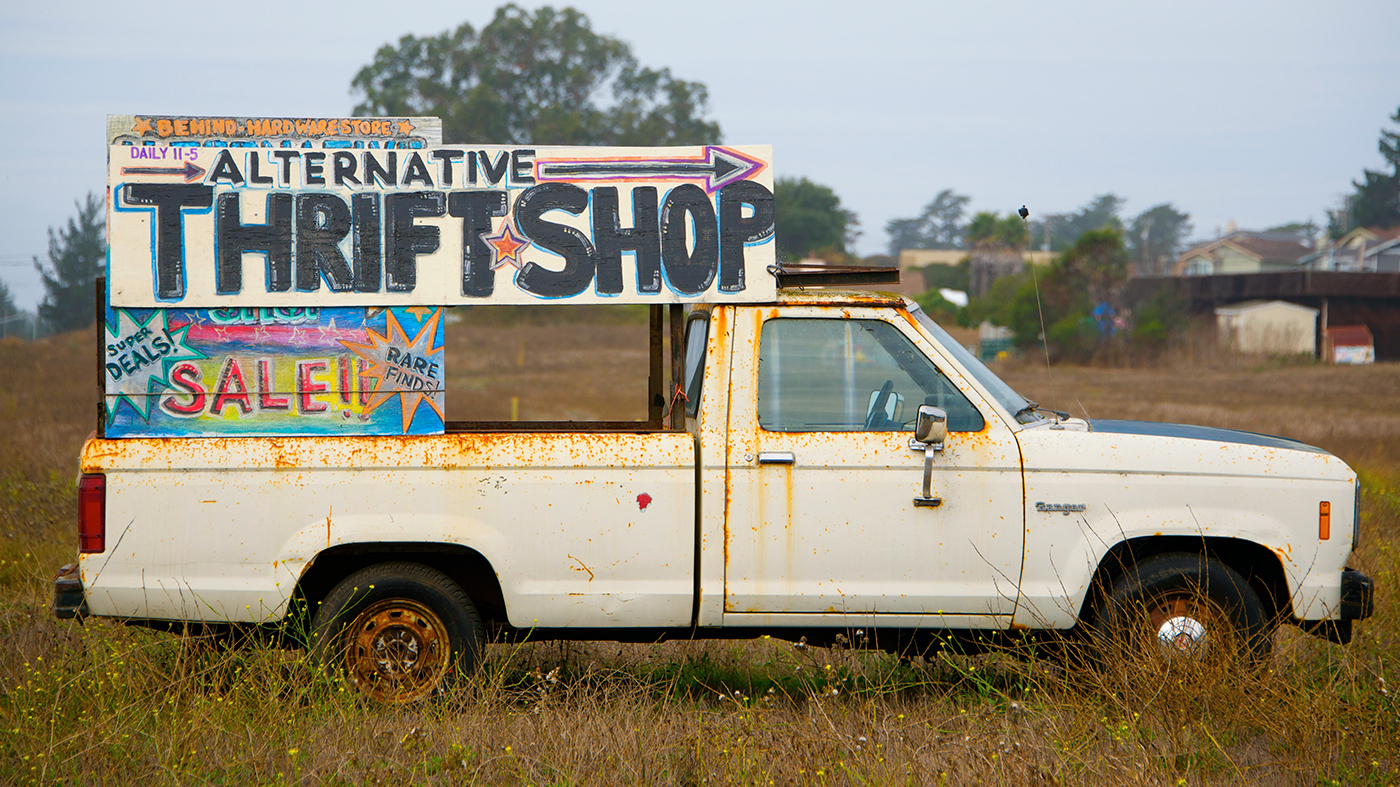Brands have evolved from being more than a differentiator and a quality marker to a business asset that connects with customers and, at their height, unites communities. Creating a brand that’s more than a product and a name but a tool to build long-term relationships with your customers sets your business up for success.
The difference between your brand and your business
Your business focuses on the day-to-day operations needed to produce your product or service, e.g. manufacturing. Your brand — through understanding your customer’s needs — builds emotional connections and long-term customer relationships that keep your business growing. Take a brewery, for example, their business makes beer, but a brand, such as Victoria Bitter, connects with customers who want a cold refreshing beer after a hard day’s work.
Why you need to create a brand, not a business
To understand the value of creating a brand, it helps to understand the purpose of branding throughout history.
Early days – Identifying your property
Early examples of ‘branding’ were used to depict ownership of livestock by farmers who branded their cattle or the use of symbols by craftsmen to signify the origins of their goods.
Industrialisation – Conveying quality and building trust
The Industrial Revolution saw the mass production of goods and early forms of logos were used to indicate the manufacturer and the quality of a product. Companies also began to promote their ‘brand names‘ through attractive packaging and slogans.
The 17th and 18th centuries saw the start of newspaper advertising and the printed use of slogans and manufacturing information. Trademarks also became standard practice, allowing companies to own their names and logos.
Mass communication – Decommodifying products and building emotional connections
The mass media of the 20th century transformed branding as we know it. The radio, telephone and television changed how brands communicated with customers.
Paid broadcasts during radio programs began the association of brands with bringing happiness through entertainment. Now brands sponsor major cultural events, including sports and advertising, as the Super Bowl ads show, has become entertainment in its own right reaching over 100 million people in 2022.
The use of graphic design, advertising, and brand marketing brisbane to encourage consumption of branded goods and luxury items also increased during the early 20th century. As a result, companies began creating professional, cohesive images and messaging to represent their products and brand management as we know it began.

Brand management allowed better market segmentation and companies focused on creating a unique emotional connection between their products across targeted segments. For example, vegemite was no longer just a condiment; it produced ‘happy little Vegemites’. Vintage Cadbury chocolate ads place the Cadbury range of products at the heart of romance in the 1950s-60s Australia.
Titan brands – Creating brand personalities
Between the 1970s – 1990s, consumers became increasingly brand-conscious. Product placement in movies gave brands global exposure and major companies began to market their brands more than their products. Over time, brands became personalities in their own right.
Digital technology – Building personalised connections
New technology has allowed brands to personalise their messaging through email, digital marketing and social media. Customers, in exchange for access to their personal information and purchasing habits, want to know more about the companies they are engaging with. Customers want to deal with brands whose values, purpose, environmental and social responsibility and for some political or religious affiliations are aligned with theirs.
As branding has evolved from a basic process that lets businesses identify what is theirs to developing a business asset that helps you engage with customers on a level never known before, here are 5 reasons why creating a brand has become an essential part of owning a business.
5 reasons why branding matters to your business
- Brands connect with emotion; products connect on price. Connecting emotionally with consumers builds brand loyalty and higher brand engagement. Over 65% of people have felt an emotional connection with a brand or business at some point in their life.
- Brands are visible. Brand names help consumers identify who makes a product and its specific attributes. They also influence the consumer’s perception of your product. Customers, for example, would expect two completely different experiences from buying Digestive biscuits over purchasing Choc-Ripple biscuits.
- Brands build long-term relationships. With one study finding that 77% of consumers say they’ve held relationships with specific brands for 10 or more years, building long-term relationships ensures the longevity of your business. According to Microsoft, increasing customer loyalty by just 7% can boost their customer lifetime value by upwards of 85%.
- Branding lowers purchase risks. Shopping around is time-and energy-consuming, and consumers don’t always have enough product knowledge to ensure the best buy. However, a strong brand can lead to a customer buying your product, even if it costs more because it requires less research effort and lowers their purchase risks.
- A strong brand protects your business. Covid-19 showed the world that factors beyond your control can affect your business. A strong brand protects your business from the negative effects of these changes. Product shrinkflation is a perfect example of how products may change due to various pressures such as supply issues or increased raw material costs. While these changes can lead to customer backlash, businesses with strong brands have built the emotional connection and open lines of communication to weather the storm.

How do you know if you have a strong brand?
- A strong brand is made to last. It infuses the world with value and is able to communicate the story, purpose and vision of your business.
- Your brand understands your consumers wants and needs and actively seeks to make their life better.
- Your brand has built a community and engages personally with customers.
- Your brand represents more than what you sell. It represents your community and their values.
Viabrand® is your experienced Brisbane marketing team and branding agency. Our marketing team are expert in all areas of branding and marketing. Book a complimentary, no-obligation 30-minute call to learn more: https://calendly.com/viabrand/30min
